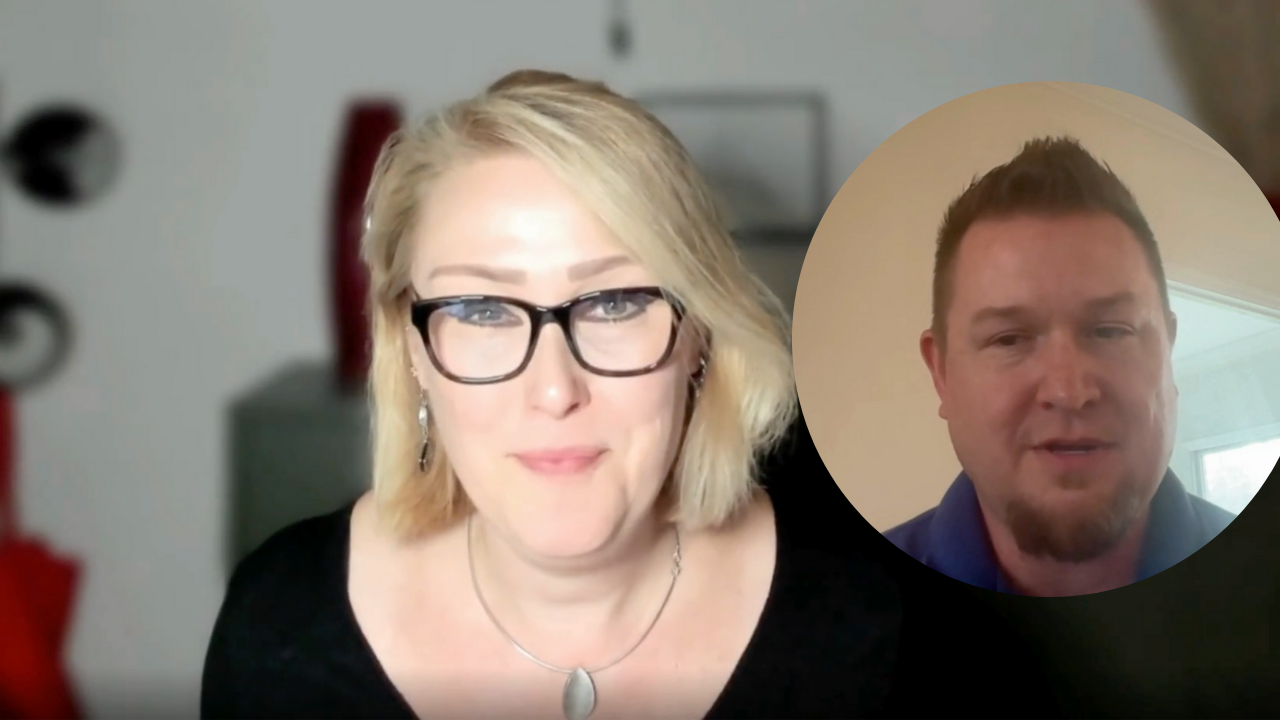Listen and subscribe on your favorite podcast platform. Watch the full recording and read along in the posts below.
Culture by Neurodesign is the podcast where I share expert insights and conversations with guests on how cognitive inclusion, inspired by neurodivergence, transforms working cultures. The result? Teams that are happier, healthier, and able to perform at their best.
Drawing on practices that support neurodivergent thinking styles like autism, ADHD, and dyslexia, I explore how leaders can design resilient, innovative environments where every team member, whatever their neurostyle, can contribute their best and thrive.
From proactive culture design (“design over disclosure”) to creating performance infrastructure that supports diverse neurostyles, this podcast brings you practical, evidence-informed strategies for the modern leadership playbook.
Whether you’re building a new team, resetting culture, or addressing systemic performance challenges, Culture by Neurodesign gives you the tools to create Neuro-Inspired Teams™ and turn invisible effort into lasting impact.
Season 1 is now complete, and the podcast is currently on pause.
If you’d like to stay connected in the meantime, please subscribe to my free newsletter The Neuro-Inspired Question below and I hope you’ll enjoy exploring Season 1 episodes here.
Episode 46: Designing for difference: lessons from two restaurants getting autism inclusion right - a discussion with Will Savell
What does real autism inclusion at work actually look like? Will Savell spotlights two East Tennessee restaurants quietly leading the way. Without using buzzwords or formal programs, they model neuro-inclusive workplaces through clarity, consistency, and strengths-based design. From calm kitchens to flexible roles and emotionally safe leadership, these businesses show how everyday decisions can create lasting impact for employees, customers, and communities.
Episode 36: Super-vision: why autistic minds are a natural match for intelligence work
Defense and cybersecurity agencies like GCHQ and Unit 9900 recruit autistic and dyslexic talent for elite roles in visual thinking, pattern recognition, and anomaly detection. This episode explores why neurodivergent professionals are key to high performance, innovation, and cognitive diversity—no diagnosis required.
Episode 35: What tech got right with autism at work programs — and where we go next
Autism-at-work programs from companies like SAP and Microsoft proved the business case for hiring neurodivergent talent—with dramatic gains in innovation, productivity, and retention. But as today's workforce evolves, these diagnosis-based programs no longer scale. In this blog, Dr. Lisa Colledge explores why the next chapter of neurodiversity inclusion in the workplace must go beyond formal programs. With over 50% of Gen Z identifying as neurodivergent, organizations must shift from compliance to culture—embedding cognitive inclusion, flexible design, and neuro-inclusive leadership into everyday team practices. Featuring insights from ASML, EY, and the FIT Framework (Fair, Intentional, Team-Minded), this post offers a blueprint for creating high-performing, neurodiverse teams—without needing diagnosis-based initiatives. Perfect for founders, team leads, and HR professionals ready to future-proof their teams through inclusive design and diverse thinking.
Episode 32: Your culture alarm: growth slows every time you hit snooze
Strong product, happy customers, solid revenue—so why does your team feel off? Dr. Lisa Colledge explains how subtle “culture alarms” signal your team isn’t ready to scale with your growth. Ignoring these signs can lead to burnout and stalled progress. With small, evidence-based steps, you can realign energy, boost engagement, and build a culture that powers sustainable growth.
Episode 29: Culture is the game — IBM vs Polaroid
IBM and Polaroid faced the same disruption, but only one survived. This blog explores how IBM’s cultural shift toward collaboration across diverse thinking styles enabled its transformation, while Polaroid’s rigid, founder-led culture stifled innovation. The key lesson: culture isn’t just a vibe—it’s the infrastructure for resilience and long-term success in a fast-changing world.
Episode 15: Autism, allism, and innovation: a case study with Prof. Laurent Mottron
Dr. Lisa Colledge shares a case study from Professor Laurent Mottron, whose research lab thrived by combining exploration and exploitation. Highlighting autistic team member Michelle Dawson's complementary contributions, the story shows how diverse cognitive styles enhance innovation. Discover how traits like attention to detail, pattern recognition, and analytical rigor in autists, combined with allistic strengths, drive impactful outcomes. Learn why fostering a cognitively inclusive culture, where everyone can thrive, is key to sustaining innovation.
Episode 12: Avoiding the Polaroid pitfall: a culture of healthy dissent
Dr. Lisa Colledge examines the balance between cultural fit and cognitive diversity, featuring case studies from Originals and Polaroid’s downfall. Learn how fostering cognitive inclusion drives innovation, resilience, and adaptability, with actionable insights to future-proof your team.








